This site uses cookies. By continuing to browse the site you are agreeing to our use of cookies. Read our privacy policy

Tariq Al Barwani – Founder, Knowledge Oman

As the digital economy continues its rapid growth, digital technologies like artificial intelligence, big data, and 5G have transformed how we live, learn, work, and interact. However, as the world goes increasingly digital, lack of access and skills is leaving many behind. Despite progress, two-thirds of the world’s population uses the Internet, but 2.7 billion people remain offline.
This digital divide is exacerbating inequalities, hindering human progress, and undermining sustainable development. Bridging this divide through digital inclusion must be a key priority for global nations, including those across the Middle East.
Digital inclusion means ensuring that individuals and communities have equal access to technology, as well as the skills and capabilities to effectively engage with it. It is about making technology universally accessible and usable regardless of age, income, education, gender, or abilities. Digital inclusion is imperative for unlocking new opportunities, enhancing quality of life, and empowering everyone to participate fully in our digital age.
Keeping a lid on costs
The costs of data and devices remain prohibitive for many low-income groups, and gaining connectivity can make a tremendous difference. It can provide access to vital information, education, essential services, and life-enhancing opportunities like remote work. Even a basic mobile connection can transform lives by linking people to modern healthcare, financial services, and more.
Digital skills are just as crucial as connectivity to truly harness technology’s potential. Skills like media literacy, communication skills, critical thinking, and content creation allow people to become informed, engaged digital citizens. Coding, data analytics, and technical skills empower innovation and employment in our tech-driven economy. Even basic digital skills help the elderly, those with disabilities, and individuals in remote locations use devices and online services to accomplish everyday tasks and live more independently.
During the COVID-19 pandemic, digital connectivity was a lifeline, allowing continued access to everything from government aid to telemedicine when in-person services were disrupted. Even the post-pandemic world, governments continue to play a key role through national broadband plans, digital literacy programs, and policies to incentivize tech companies to close gaps, experts say. Partnerships like the ITU and UNESCO Broadband Commission for Sustainable Development also aim to promote digital inclusion.
Realizing the full promise of digital technologies requires an intentional focus on digital inclusion and equity. Industries, governments, and civil societies must work together across multiple fronts. Expanding infrastructure is vital to affordable, universal connectivity, as are policies that make devices more accessible. Curriculums and training programs need to align with digital economy needs. Workforce development must reskill those displaced by automation. Furthermore, assistive technologies should be leveraged to increase accessibility.
Mobile money in Bangladesh
There have been bright spots demonstrating how digital inclusion multiplies human potential. In Bangladesh, mobile money services from bKash assisted recovery from cyclones and flooding by allowing rapid distribution of aid. The company also brought financial services to millions in rural areas previously excluded. Programs training girls, women, and other underrepresented groups in digital skills open doors to education and employment. Assistive reading apps enable the visually impaired to access online content. Global tech players also have a crucial role to play.
Huawei is good example, working to drive broader digital inclusion through its TECH4ALL program. In 2022, the company worked with more than 40 partners, including UNESCO and the International Union for Conservation of Nature (IUCN), and made substantial progress in TECH4ALL’s four areas of focus: education, environment, health, and development.
UNESCO believes that education is a basic right for all throughout life and that access must be matched by quality. Huawei says determined to continue contributing to UN SDG 4 (Quality Education), working with partners to use innovative ICT solutions to enable equal access to high-quality education, aiming to harness the power of technology and increase network coverage and connections to help make high-quality educational resources more accessible. The mandate is to empower more people with digital skills to improve education quality and drive career development. Huawei’s TECH4ALL education programs had benefited over 600 schools and more than 220,000 people, including teachers and students, unemployed young people, and senior citizens.
In Oman, as part of its commitment to ICT talent nurturing, Huawei has established a regional ICT training center in collaboration with Omantel to support the development of talent in the Sultanate. In partnership with the Ministry of Labour and Omantel, Huawei Last year, organized the regional final of its flagship longstanding ICT Competition in Muscat. This comes as part of the National Digital Upskilling Initiative (Makeen) and coincides with the selection of Muscat as the Arab Digital Capital for the year 2022.
Such programs and initiative exemplify how the public, private and social sectors can work together to leave no one behind in our digital age. With digital equity and inclusion as the cornerstone, we can build a more prosperous, empowered, and sustainable future for all.
As technology constantly evolves, digital inclusion must remain central to development policy and investment. With enabling environments, multi-stakeholder collaboration, and a shared vision of creating digital opportunities for all, we can bridge divides and realize the full potential of digital inclusion to lift people worldwide on the path to sustainable development.
Digital equity and inclusion are critical for empowering people and driving sustainable development. Targeted efforts by all stakeholders can help achieve universal, meaningful connectivity and enable inclusive digital transformation.
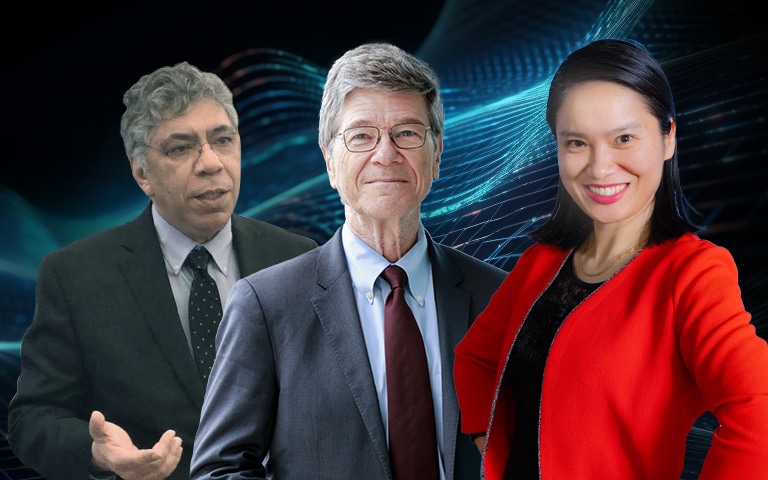

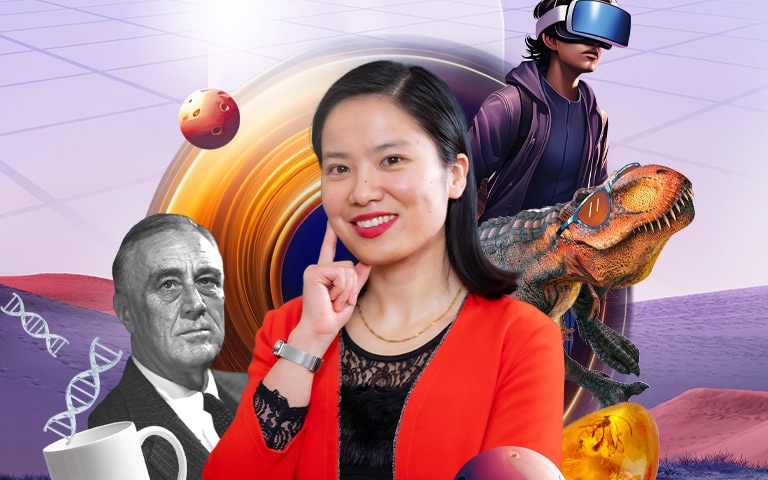
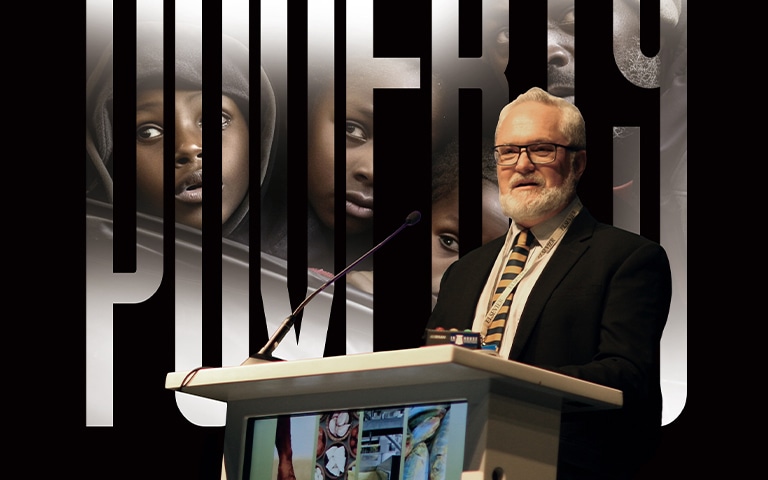


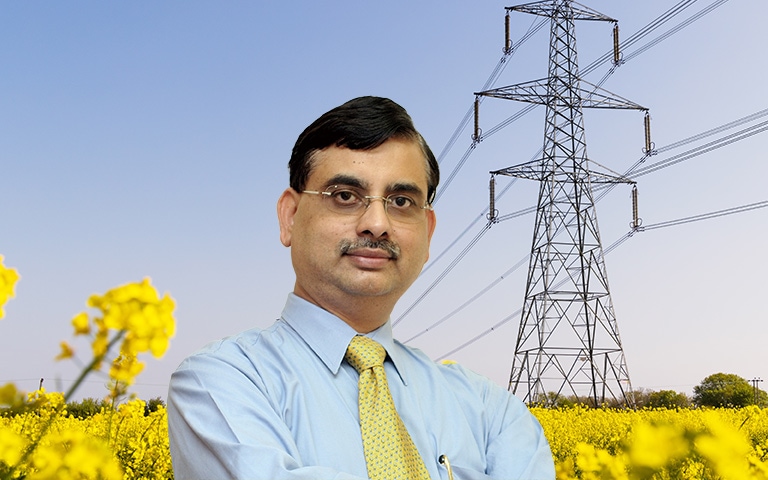
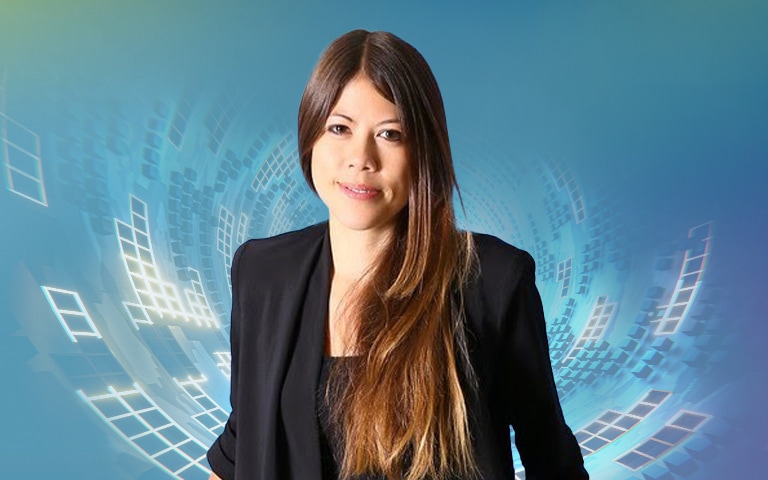

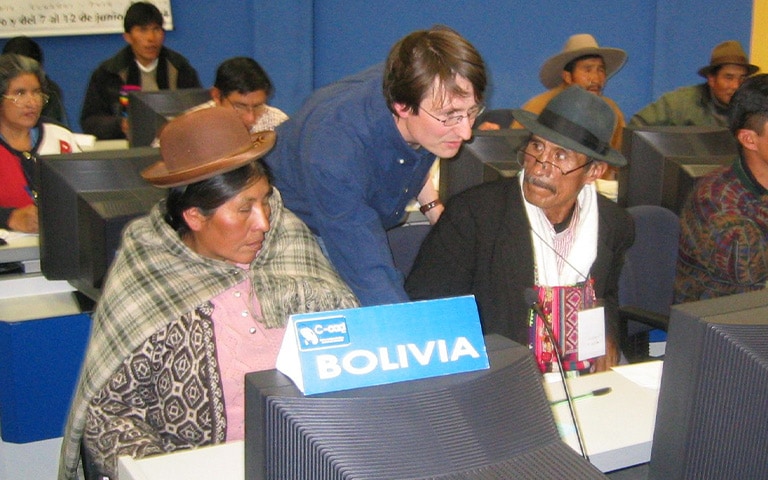


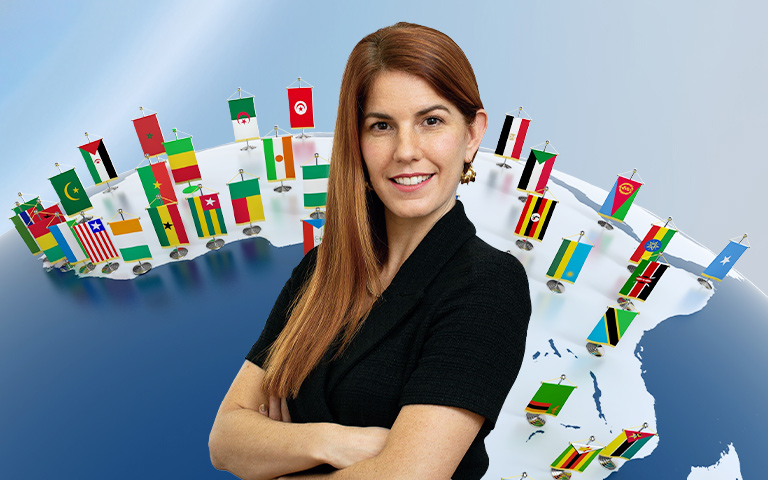
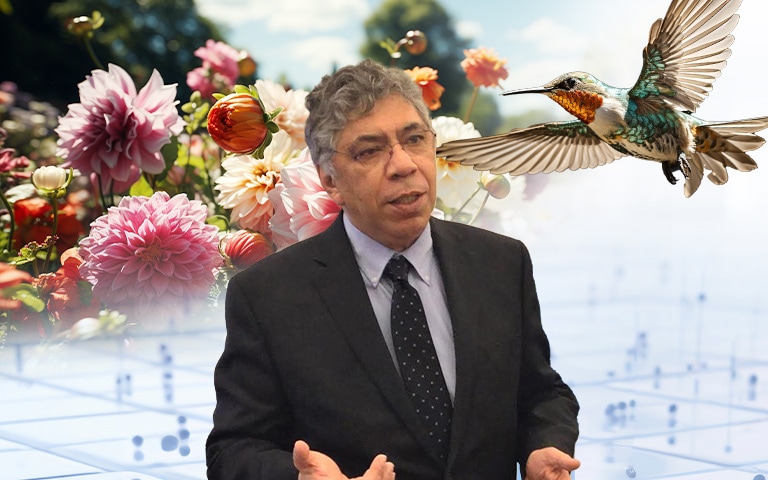

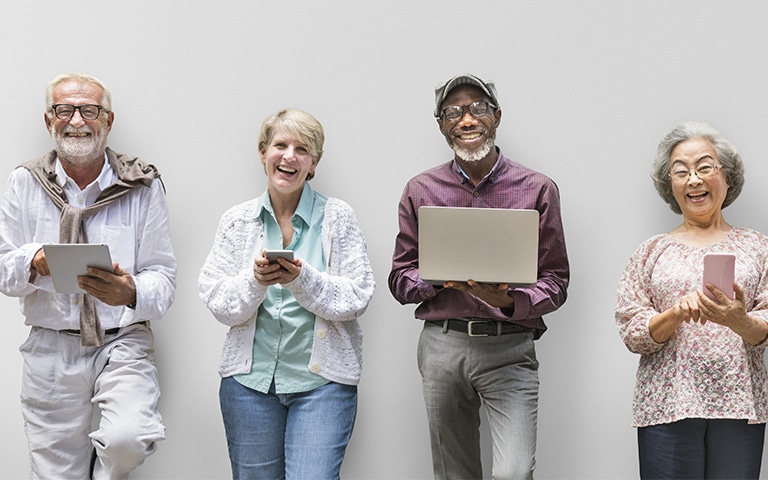
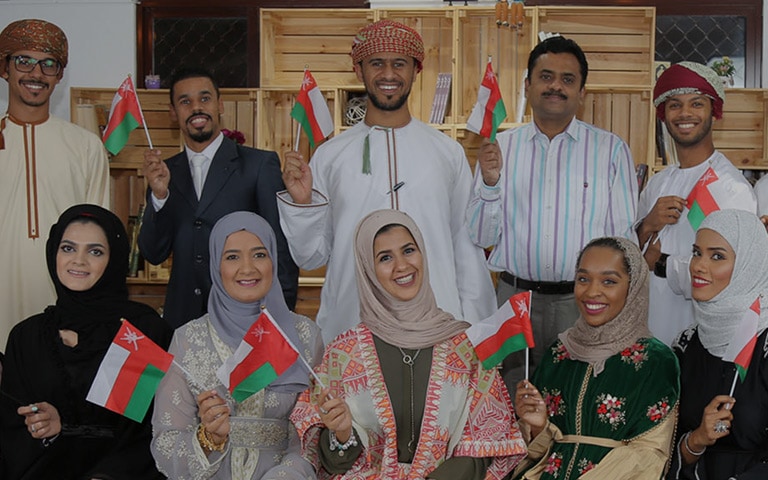
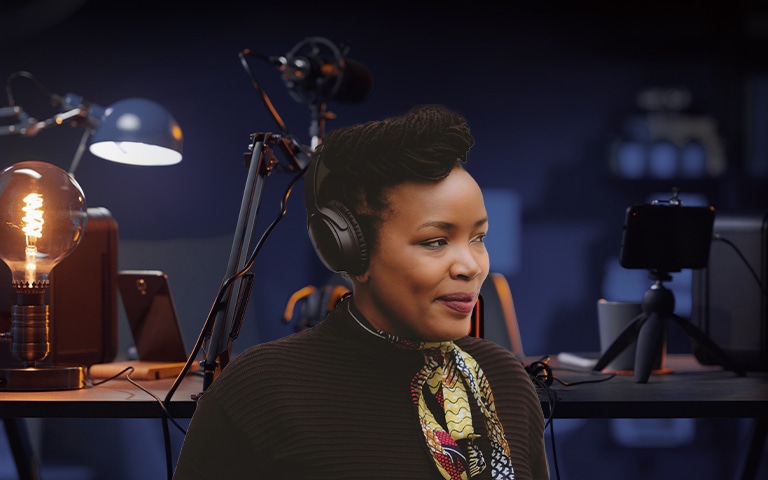
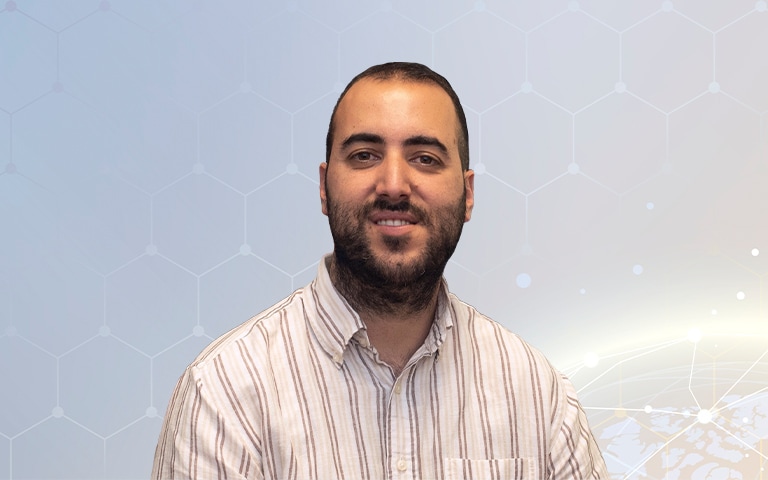


Contact us! transform@huawei.com
